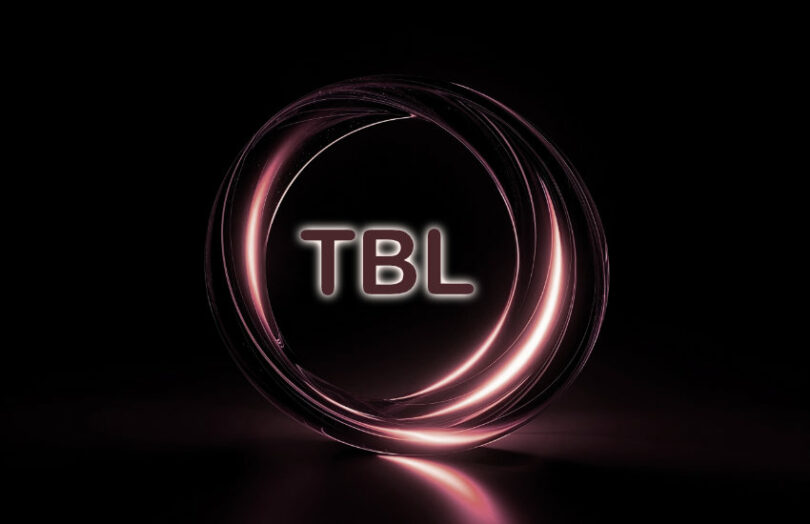Shortly before Christmas in 2020, Japan’s SBI bought out B2C2, the institutional crypto broker and liquidity provider. Now its co-founders Max Boonen and Flavio Molendin have launched PV01, a Bermuda-based broker-dealer and arranger of digital bond issuances. Earlier this month it ran a proof of concept that involved bond issuances on the public Ethereum blockchain under English law.
The $5 million native bond was issued via a special purpose vehicle, Digital Bonds Ltd, with the proceeds used to buy a US Treasury Bill, so the token was secured by the bill. Investors included B2C2, Keyrock and BlockTower and the issuer redeemed the bond a week later.
While Treasury backed tokens are a planned product, its easy to get distracted that the intent here is for PV01 to provide an institutional grade bond platform with PV01 regulated as a Digital Assets Business in Bermuda. Apart from Treasury-backed bonds it can also enable crypto firms to issue corporate bonds.
PV01 touts one of the advantages as the ability to use the bonds as collateral.
Treasury funds versus Treasury-backed bonds
Its digital treasury bills (TBL) are an interesting starting point. It invites comparison with Blackrock’s BUIDL, the digitally native fund unveiled last month that is also backed by Treasuries. One is a bond and the other is a fund, and each has pros and cons from a legal perspective. Ultimately they both offer Treasury-backed yield in a tokenized form.
BUIDL has a high minimum investment of $5 million and is only available to US investors. However, Ondo Finance is using BUIDL as backing for its OUSG token which is open to international investors with a minimum investment of $100,000. Ondo operates a fund structure but is not a regulated entity.
PV01 targets non-U.S. institutional investors. An advantage of PV01’s treasury-backed bonds is it can offer fixed maturities in contrast to a rolling fund. A fund is equity so it represents ownership of the underlying assets, whereas a bond does not. However, debt ranks higher than equity in bankruptcy.
If the fund and this type of bond both involve SPVs, the relative advantage might not be huge.
Meanwhile, PV01 raised a $9 million seed round from Tioga Capital, BlockTower, and Ryze Labs.






